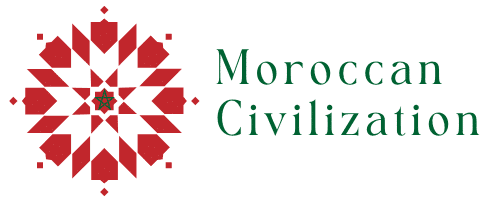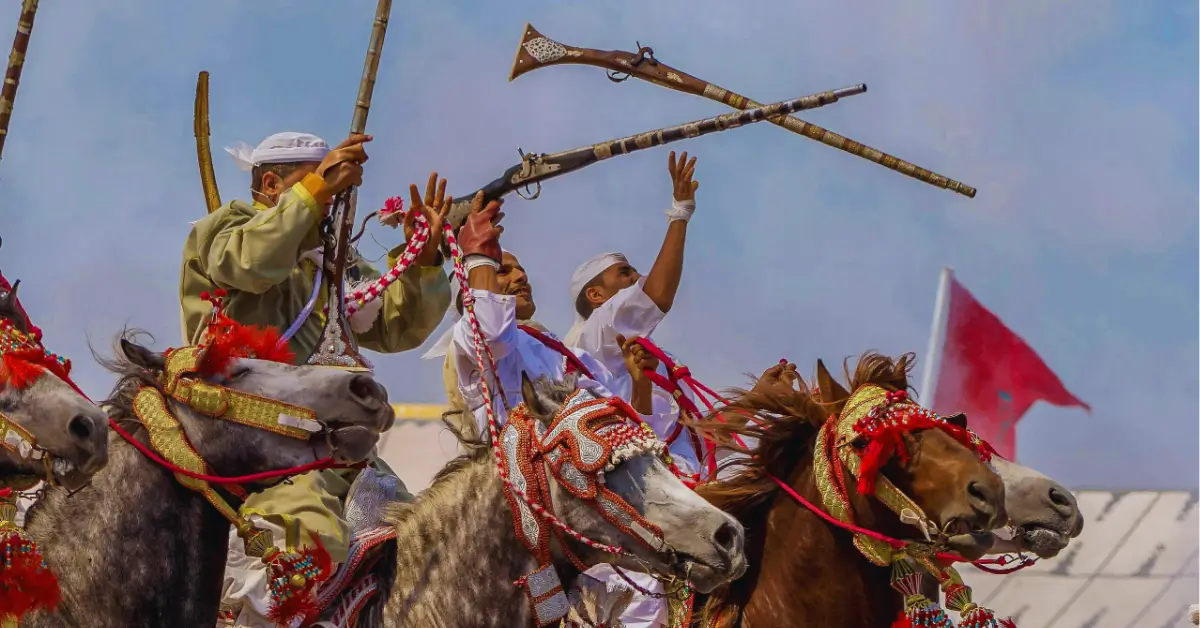Is Morocco a Country? A Personal Journey Through Its Soul
I get asked this a lot — “Is Morocco a country?” Sometimes by travelers, sometimes online. The question always catches me off guard. Not because it’s strange, but because it reminds me how little of the real Morocco people know. And that’s exactly why I created Moroccan Civilization — to tell our story from the inside.
Table of Contents
I was born in Casablanca, a city where the ocean smells like salt and the streets never really sleep. It’s modern, it’s busy, and it’s full of energy. But my roots? They’re in Taounate, near Fez — in the quiet hills where olive trees grow wild and families still press their own oil. That’s where I learned what Morocco really is. Not just a place, but a feeling.
Morocco is a country — yes, of course it is. But it’s also something more. It’s the rhythm of drums at an Amazigh wedding. It’s the way we greet strangers like old friends. It’s sharing mint tea without rushing. And for me, it’s every road I’ve walked — from the souks of Marrakech to the snowy peaks of the Middle Atlas.
When people wonder whether Morocco is just a region or a city, I understand. Maybe they’ve only seen it on a map, or heard about it in passing. But once you’ve stood in a medina at dusk, or watched the stars from the Sahara, you feel it — Morocco is real. Alive. Full of soul.
And that’s what I want to share. Not just facts, but the Morocco I live every day — the one you might miss if you’re only passing through. The one that welcomes you home.
Yes, Morocco Is a Country: I’ve Walked Its Borders
I’ve traveled across Morocco more times than I can count. From the Atlantic breeze in Essaouira to the heat of the desert in Zagora, I’ve felt the changes in wind, language, and even time. That’s something you only feel when a country is truly alive — when every region carries its own story. So when people ask, “Is Morocco a country?” I answer not from a textbook, but from my footsteps. Yes, Morocco is a country, and not just on paper — it’s in our breath, our daily rhythm, our soul.
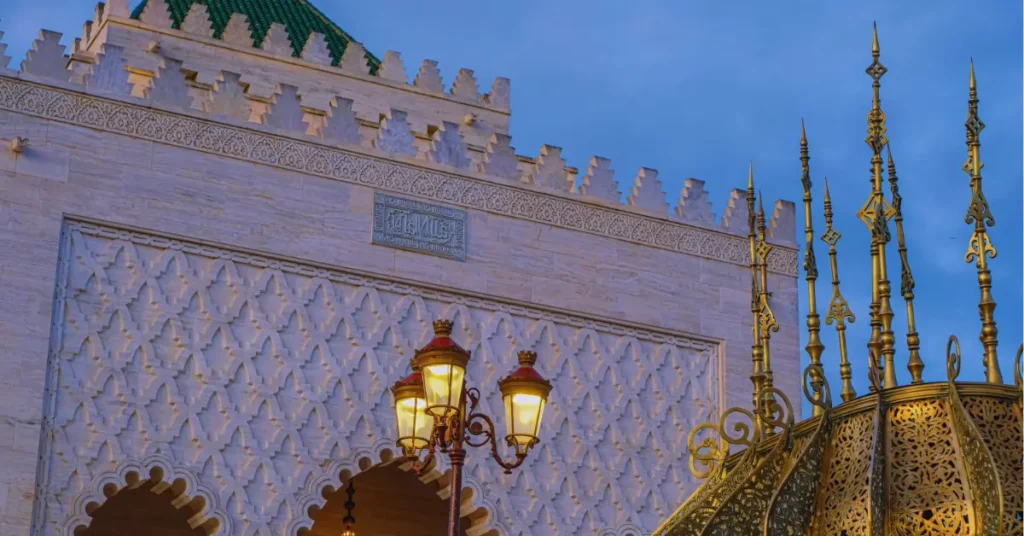
Our capital is Rabat — calm, diplomatic, a little quieter than Casablanca but full of purpose. That’s where laws are passed, where embassies fly flags, where you see Morocco in dialogue with the world. We’ve been independent since 1956. We sit at the table with the United Nations, the African Union, the Arab League. We have borders, yes, but more than that — we have identity. When people ask “is Morocco a country or just a region?”, I tell them: come visit Rabat, walk the Kasbah, and see for yourself.
Sometimes people get confused — is Morocco a country in Africa? The answer is: absolutely. We sit in the northwest corner of the continent, with the Mediterranean to the north and the Atlantic to the west. But we’re not just on the map of Africa. We’re of it. Our ties run deep — through trade, faith, language, and migration. And that’s why Morocco has long played a key role in African history.
When I walk through markets in Oujda or talk to elders in Taza, they don’t need to be told that Morocco is a country. They live it. It’s in how they pass on stories. How they care for the land. How they remember the days before independence — and how they keep building for what’s next.
So yes — is Morocco a country? It is. And it always has been. A proud nation, shaped by mountains and memory, still writing its story one sunrise at a time.
Where We Come From: The History Behind Morocco the Country
When people ask me, “Is Morocco a country?” I think about my grandfather. He used to tell me stories under the fig tree, right outside our home in Taounate. Stories of how our people lived long before the word “Morocco” was ever written on a map.
Before Morocco became a country, it was a home to Berber (Amazigh) kingdoms — strong, wise, connected to the land. Then came the Romans, the Arab dynasties, the sultans who built the cities we walk through today. Fez, Marrakesh, Meknes — they weren’t just built; they were dreamed into being. Each brick carries history.
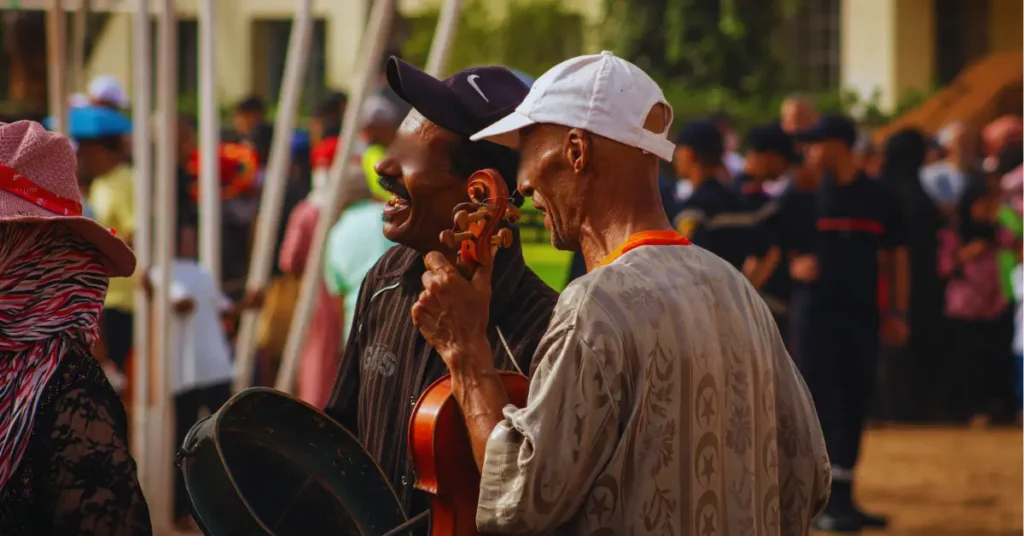
Our modern country was shaped by resistance. My family still talks about the French protectorate like it was yesterday. In 1956, when Morocco gained independence, it wasn’t just politics — it was personal. People celebrated in the streets, danced, cried. We became a country again, but we never really stopped being one.
Some travelers don’t realize how deep Morocco’s roots go. They ask, “Is Morocco a country or just a mix of cultures?” The truth is — we are a mix. But we’re also something more. A story of survival. A nation built by farmers, fighters, poets, and saints. And every corner — from the Sahara to the Rif — holds a piece of that legacy.
Is Morocco a country? Absolutely. And every elder, every prayer whispered in a mountain village, every carving on a mosque door — proves it.
From Coastlines to Kasbahs: The Land and Soul of Morocco
Sometimes I think the land itself is the best proof that Morocco is a country. You don’t need a flag — just stand in the wind on the cliffs of Asilah or hike deep into the High Atlas. The geography alone will tell you everything you need to know.
Morocco stretches from the cool Mediterranean to the roaring Atlantic. The coastline of Morocco isn’t just beautiful — it’s life. Fishermen pull up sardines before dawn. Kids play soccer in the sand. Cities like Agadir and El Jadida breathe because of the sea. Inland, you find valleys of roses, cedar forests, and yes — the vast silence of the Sahara. Few facts about Morocco surprise visitors more than this: we have snow in winter, and sand dunes that burn golden in summer.
But it’s not just nature that shapes us — it’s how we live with it. Our culture reflects the land. In the Rif mountains, I’ve shared warm bread baked in clay ovens. In the old medinas, every color, every tile, has meaning. This is where Amazigh, Arab, Jewish, and Andalusi traditions meet — not clashing, but weaving.
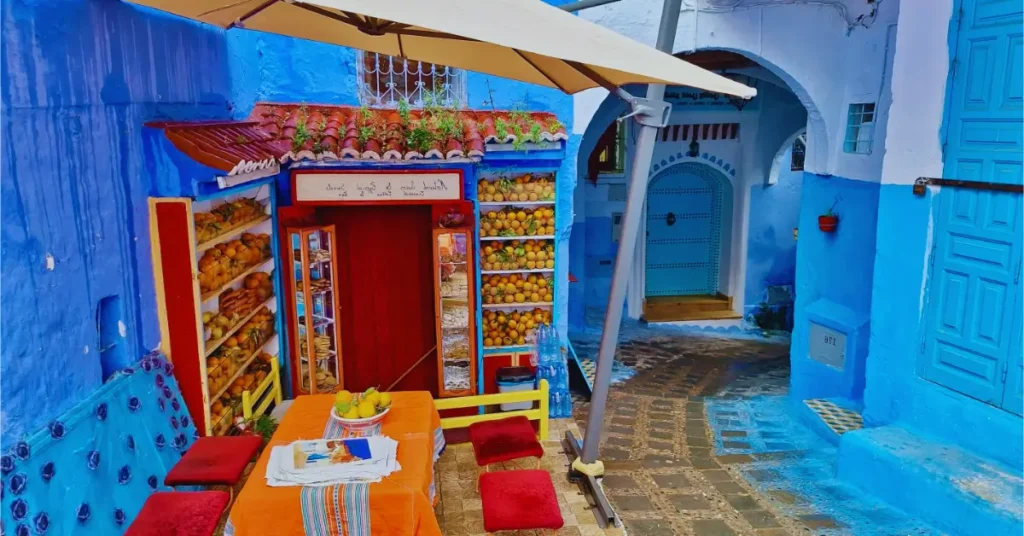
So is Morocco a country? Look at our geography. Listen to our music. Taste our food. You’ll feel it.
This isn’t just a place. It’s a living mosaic — and every piece still fits.
Building Bridges: Morocco’s Voice in the World
One of the things I’ve come to appreciate most about Morocco is how it knows how to speak to different worlds. People ask me, “Is Morocco a country that matters globally?” I always smile — because they don’t see what I see yet.
Morocco sits in a rare place. We’re African, Arab, and connected to Europe across the Strait of Gibraltar. And we don’t just sit quietly. We act. We mediate conflicts, open our doors for summits, and lead in renewable energy across Africa. That’s not something every country can say.
I’ve seen Morocco’s quiet power at work. In Rabat, scholars from across the Sahel come to study moderate Islam. In Casablanca, I’ve walked through startups where young developers are building tools for the whole continent. In the south, solar fields stretch across old desert land, turning sun into something useful.
We don’t just live between Africa, Europe, and the Middle East — we connect them. Our identity is layered, sure. But that’s what gives us strength.
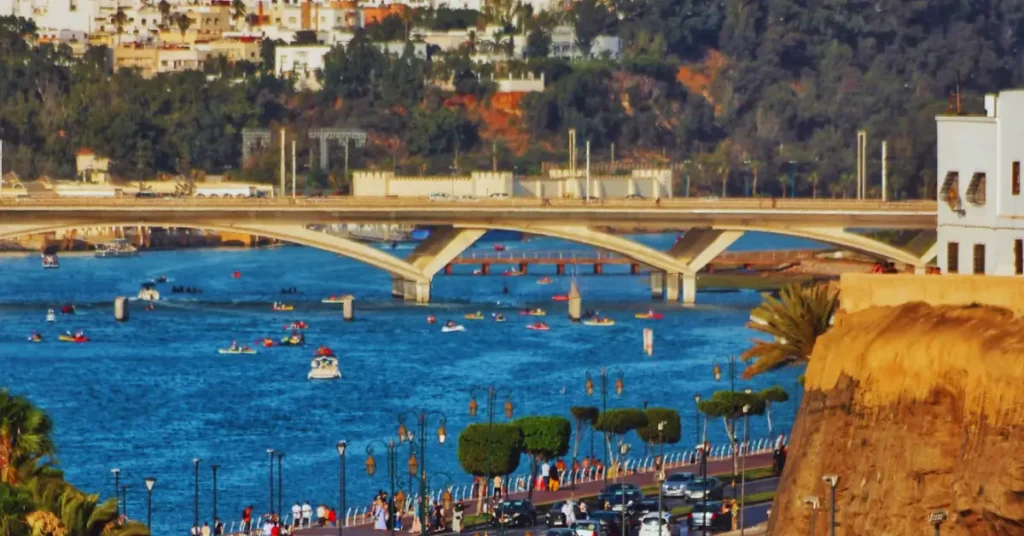
So when someone asks again, “Is Morocco a country that’s truly independent, truly impactful?” I say: come visit. See the peace. Hear the call to prayer in one ear, and the hum of solar panels in the other. That balance — tradition and innovation — is Morocco today.
Is Morocco Safe? Here’s What It Feels Like to Be Home
This is probably the second most common question I get — right after “Is Morocco a country?” People want to know: “Is it safe?” And I get it. Headlines can distort the truth. But as someone who lives here, walks these streets, rides the night buses, and eats in roadside cafés — let me tell you the truth.
Yes, Morocco is a safe country. Like anywhere, we have challenges. Pickpockets in tourist areas? Sure. You’ll find that in any major city. But what most people don’t hear about is the way strangers offer directions without being asked, or how a street vendor will chase you down if you drop your phone.
I’ve guided visitors through the maze-like alleys of Fez, trekked with friends through Berber villages, and ridden solo on buses deep into the south. Never once have I felt afraid. In fact, I often feel looked after. Morocco has that way about it — firm, warm, protective.
There’s a saying in Darija: “li feddar kayna baraka” — “When someone’s in the house, there’s a blessing.” That’s how we treat guests. And it’s part of why so many travelers come back. Not just for the sights, but for the feeling.
So yes — is Morocco a country worth exploring? Safe? Alive? Absolutely. Just come with open eyes, and you’ll see the truth for yourself.
Morocco Isn’t Just a Country — It’s a Feeling
When people ask me, “Is Morocco a country?” I know they’re asking more than just a geography question. They’re asking about identity, place, belonging. And my answer is always the same — yes, Morocco is a country, but it’s also something more.
It’s the smell of olive oil in a mountain kitchen. It’s the music in a wedding that lasts until sunrise. It’s the silence of the Sahara and the noise of Casablanca all in one breath. Morocco isn’t just where I live — it’s who I am.
Whether you come here once or stay for years, you’ll feel it too. Morocco welcomes you, teaches you, humbles you. That’s what makes it a country worth knowing.
